Neuro-Linguistic Programming
What is NLP?
Development and History of NLP
Neuro-Linguistic Programming (NLP) originated in the 1970s as a result of the joint work of John Grinder, a professor of linguistics, and Richard Bandler, a student of computer science at the University of California, Santa Cruz. They created NLP, drawing inspiration from experts in languages, communication, and psychology, with the aim of comprehending and imitating effective human behaviors and thought processes.
An influential figure in the development of NLP was Milton H. Erickson, a psychiatrist and hypnotist renowned for his groundbreaking therapeutic methods that incorporated metaphors, indirect suggestions, and trance states. Bandler and Grinder conducted thorough research on Erickson’s techniques and successfully incorporated them into the fundamental principles of NLP, significantly influencing its initial growth and therapeutic implementations.
Neuro-Linguistic Programming Name Origin
The name “Neuro-Linguistic Programming” was created to describe the link between neurological processes, language, and behavioral patterns. Neuro-Linguistic Programming (NLP) is a synthesis of three fundamental terms:
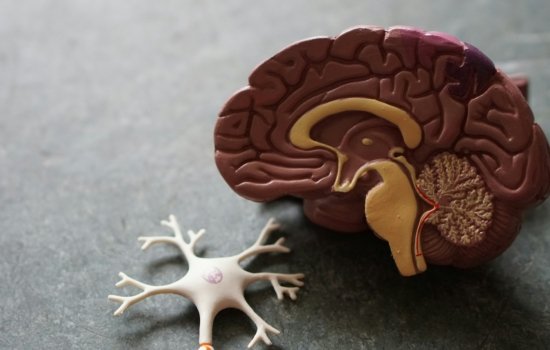
Neuro
Relating to the neurological processes and mechanisms that influence human behavior and cognition. (This includes our 5 senses, sight, hearing, touch, taste, and smell) Business people discussing on laptops on office premises.

Linguistic
Concerning the impact of language and communication on the formation and manifestation of mental and emotional processes.

Programming
Indicating the patterns of thoughts, behaviors, and emotions individuals establish and adhere to, which are subject to modification for personal development and accomplishment.
Neuro-Linguistic Programming offers a unique and valuable approach to understanding and altering human experiences, allowing individuals to achieve success in their personal and professional lives. It has versatile applications in various domains such as coaching, sales, leadership, education, and personal development.
Understanding of NLP
Neuro-Linguistic Programming (NLP) is a flexible method that can be used for personal growth, improving communication skills, and providing therapeutic assistance. NLP, which stands for Neuro-Linguistic Programming, was established in the 1970s by Richard Bandler and John Grinder.
The purpose of Neuro-Linguistic Programming (NLP) is to understand and utilize the connection between neurological processes, language, and behavioral patterns in order to achieve specific goals and improve communication and personal development.
The core of NLP lies in the connection between our language, thoughts, and actions. It offers a range of tools and techniques to enhance our communication abilities, overcome psychological obstacles, and foster personal growth. NLP posits that our ideas, feelings, and behaviors are fundamentally shaped by our language, experiences, and knowledge. By identifying these patterns, we can make the desired modifications in our lives and get insight into the reasons behind our actions.
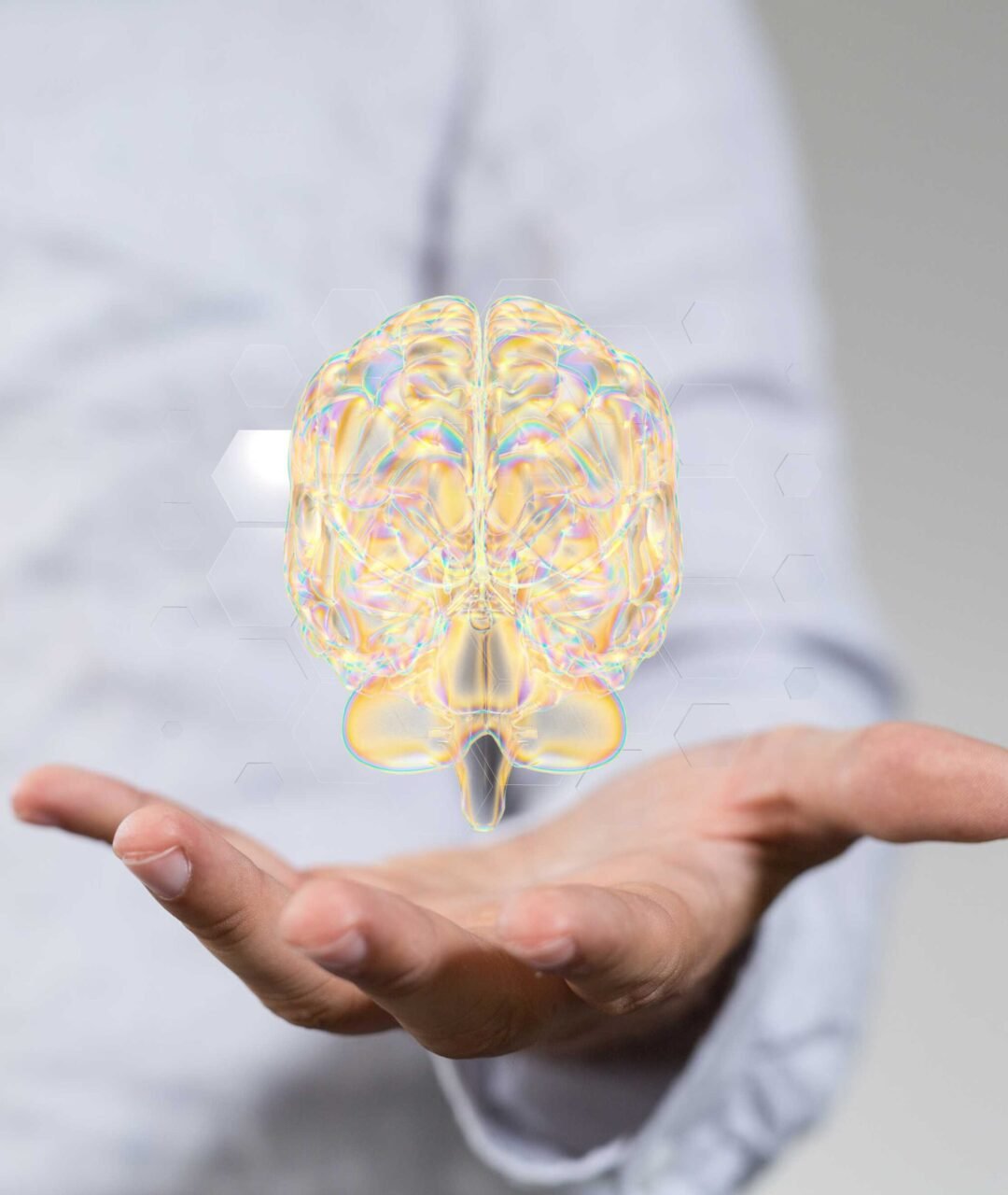
The core concepts of NLP
- Modeling: Modeling revolves around modeling, which is considered a fundamental principle. This is analyzing and emulating the behaviors, linguistic patterns, and cognitive processes of accomplished individuals in order to attain comparable outcomes.
- Anchoring: Anchoring is a method employed in NLP (Neuro-Linguistic Programming) to link a particular input with a physical experience, emotion, or mental state. This facilitates persons in recollecting a desired condition at any given time.
- Reframing: Reframing is the process of modifying an individual's perception of a situation in order to change its significance. Through the act of changing, one's point of view, it is possible to convert unfavorable encounters into favorable ones.
- Submodalities: Submodalities refer to the more nuanced differentiations within each sensory modality in the field of NLP. Visual submodalities, such as color, brightness, and size, might be cited as examples. Modifying these submodalities has the potential to alter the way individuals perceive and experience their thoughts and emotions.
- Rapport: Establishing rapport is crucial in the field of NLP. The process is building a rapport and fostering trust with others by the imitation and alignment of their nonverbal cues, vocal intonation, and linguistic patterns.
- Meta-Model: The Meta-Model in NLP is a linguistic framework that consists of tools specifically developed to recognize and question restrictive beliefs and assumptions expressed through an individual's language.
Practical Uses of NLP
NLP covers a broad spectrum of applications across several domains:
- Personal Development: NLP approaches are commonly employed to facilitate personal growth, enabling individuals to surpass restrictive beliefs, elevate self-esteem, and attain their objectives.
- Therapy: Numerous therapists and counselors employ Neuro-Linguistic Programming (NLP) to assist clients in effectively coping with phobias, anxiety, depression, and various other psychological concerns.
- Business: NLP is utilized in the corporate realm to enhance communication, leadership abilities, and team interactions. It is also employed in sales and negotiation to gain a deeper understanding of clients and exert influence over them.
- Education: NLP is utilized by educators to improve teaching techniques, establish captivating learning atmospheres, and assist students in reaching their academic capabilities.
The Advantages of NLP
- Improved Communication Skills: NLP imparts efficient communication techniques that boost both personal and professional interactions. Through comprehending and employing linguistic patterns, individuals can effectively express their thoughts, establish rapport effortlessly, and have a positive influence on others.
- Emotional Intelligence and Management: NLP has a significant influence on emotional intelligence and management. Strategies such as anchoring assist individuals in properly regulating their emotional states, allowing them to respond rather than react in difficult situations. This promotes the development of resilience and emotional stability.
- Overcoming Limiting Beliefs and Phobias: NLP provides effective techniques for recognizing and reframing restrictive beliefs and phobias. Through altering the mental representations and interpretations of previous events, individuals have the ability to liberate themselves from self-imposed restrictions and attain personal development.
- Goal Setting and Achievement: NLP enables effective goal creation and achievement by modeling successful behaviors and creating well-formed outcomes. By clearly envisioning desired results and utilizing the power of the subconscious mind, individuals can synchronize their behaviors with their goals.
- Behavioral Flexibility and Adaptability: NLP prioritizes behavioral flexibility, which allows individuals to adjust their responses to different situations. Through the comprehension of various perceptual views and the adoption of a more comprehensive viewpoint, individuals can effectively handle conflicts, negotiations, and collaborations.
- Personal Empowerment and Confidence Building: NLP, or Neuro-Linguistic Programming, enables individuals to gain mastery over their lives through the enhancement of self-awareness and self-confidence. Through the identification and effective utilization of their personal strengths, individuals are able to make well-informed choices, establish clear limits, and actively pursue their goals and ambitions with unwavering determination.
- Therapeutic Applications: In therapeutic settings, NLP approaches are utilized to expedite and maintain long-lasting transformation. Therapists employ methods such as timeline therapy and parts integration to assist clients in overcoming trauma, effectively managing anxiety and depression, and developing resilience.
- Business and Leadership Development: NLP is utilized in the business realm to bolster leadership abilities, boost team dynamics, and optimize performance. Methods such as establishing rapport, enhancing sensory perception, and utilizing certain language patterns are employed to facilitate efficient communication, bargaining, and decision-making.
- Education and Learning Enhancement: Education and Learning Enhancement: Educators incorporate NLP concepts to establish captivating learning environments and accommodate various learning styles. Methods such as anchoring and meta-modeling are employed to amplify student motivation, comprehension, and retention of material.
- Continual Personal and Professional Growth: NLP is more than a collection of skills; it is a philosophy that emphasizes ongoing growth and development. By adopting the qualities of inquisitiveness, adaptability, and tenacity, individuals can consistently develop and adjust to confront novel difficulties and prospects.





- Medical Practitioners
- Teachers and Instructors
- Guardians and Caretakers
- Executives and Supervisors
- Sportspeople and Entertainers
- Individuals Dealing with Psychological Difficulties
- Individuals who are interested in personal growth and self-improvement.
- Individuals in positions that require a high level of communication skills.
- Mental health professionals who provide therapy and counseling services.
- Individuals engaged in entrepreneurial activities and individuals who own businesses.

- Setting and Achieving Goals
- Endurance in the Face of Hardship
- Stress Reduction with Mindfulness
- Physical and Emotional Well-being
- Behavioral Flexibility and Adaptation
- Emotional Regulation and Resilience
- Enhancing Proficiency in Communication
- Conquering Restrictive Beliefs and Phobias
- Enhanced Creativity and Problem-Solving Skills
- Heightened Self-awareness and Deepened Insight
- Objective Synchronization and Existential Meaning
- Therapeutic Advantages and Emotional Restoration
- Enhancing Skills and Advancing in Leadership Roles
- Uninterrupted Individual Progress and Advancement
- Enhanced Cognitive Processes and Intuitive Abilities
- Efficient Time Allocation and Enhanced Productivity
- Improved Connections and Interpersonal Relationships
- The Concept of Empathy and Compassionate Leadership
- Enhancing Personal Empowerment and Building Confidence
- Enhancing one's Spiritual Development and Achieving Self-actualization

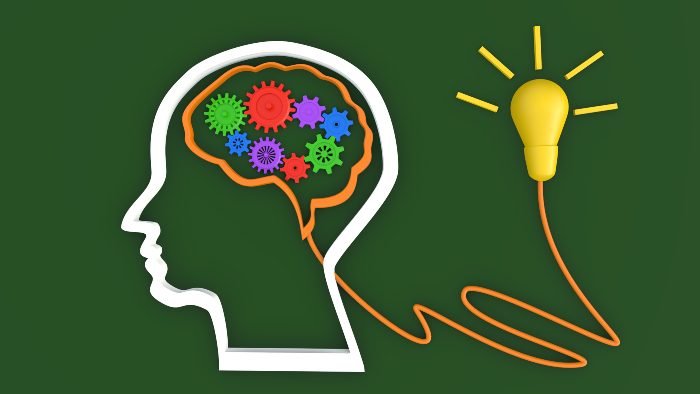
Who Should Deliver NLP Training?
NLP is a technical field, and a prolific NLP trainer should design NLP training to achieve training goals. A certified NLP trainer with vast training experience should deliver NLP training. There are many NLP certifications that an NLP trainer can train you for. Here are the top three NLP certifications you should consider.
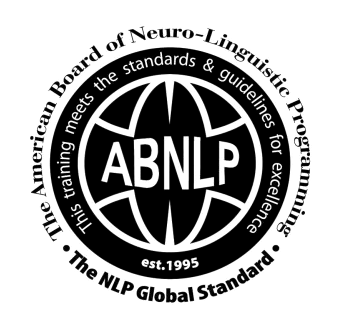
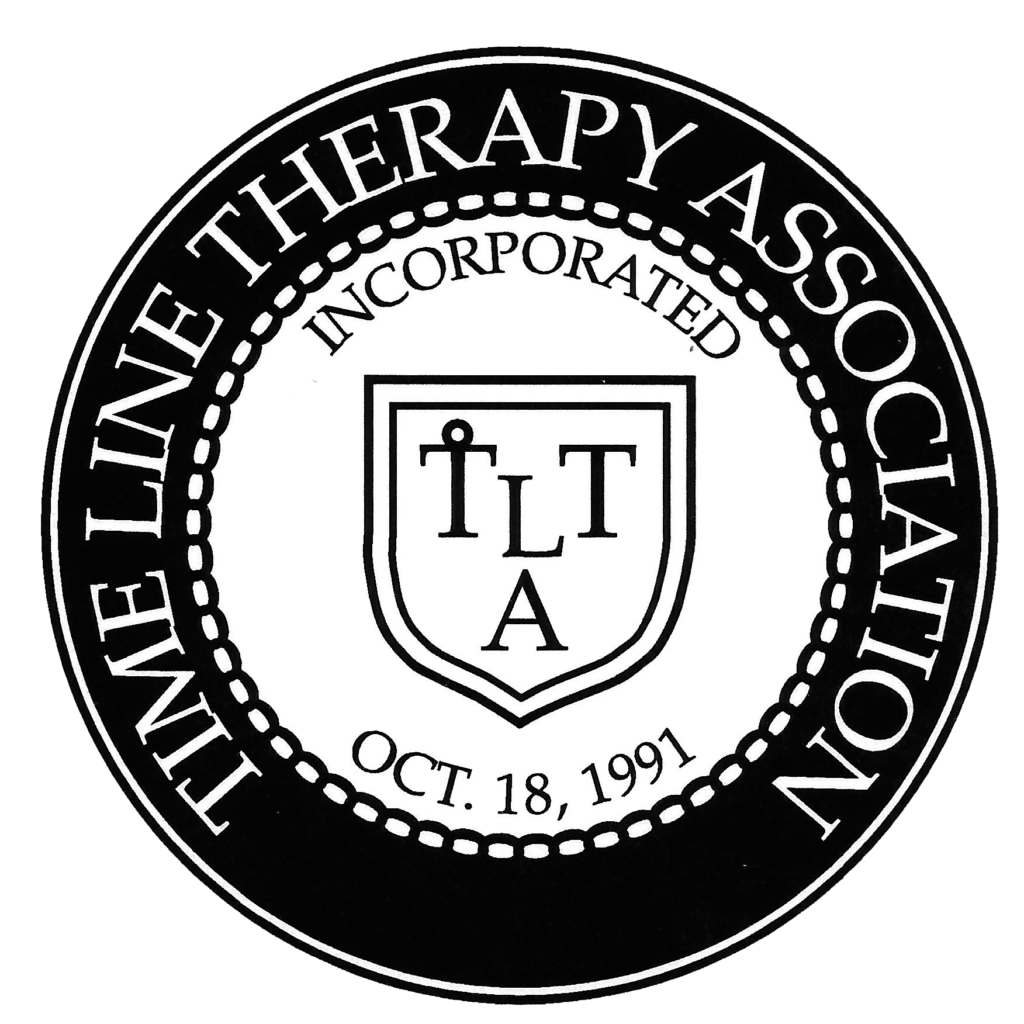
Ready to Let NLP Transform Your Life?
Neuro-Linguistic Programming (NLP) provides a wide range of tools for personal and professional growth, improving communication skills, and therapeutic treatment. Through the utilization of the ideas and methodologies of NLP, individuals have the ability to revolutionize their lives, accomplish their objectives, and establish enduring and beneficial transformations.
NLP is not synonymous with miraculous overnight solutions. Instead, it constitutes both an art and a science designed for success, incorporating proven techniques within the framework of comprehensive NLP training. Let’s embark on the incredible journey of NLP training with us. Please feel free to contact us at any time and know more details.
